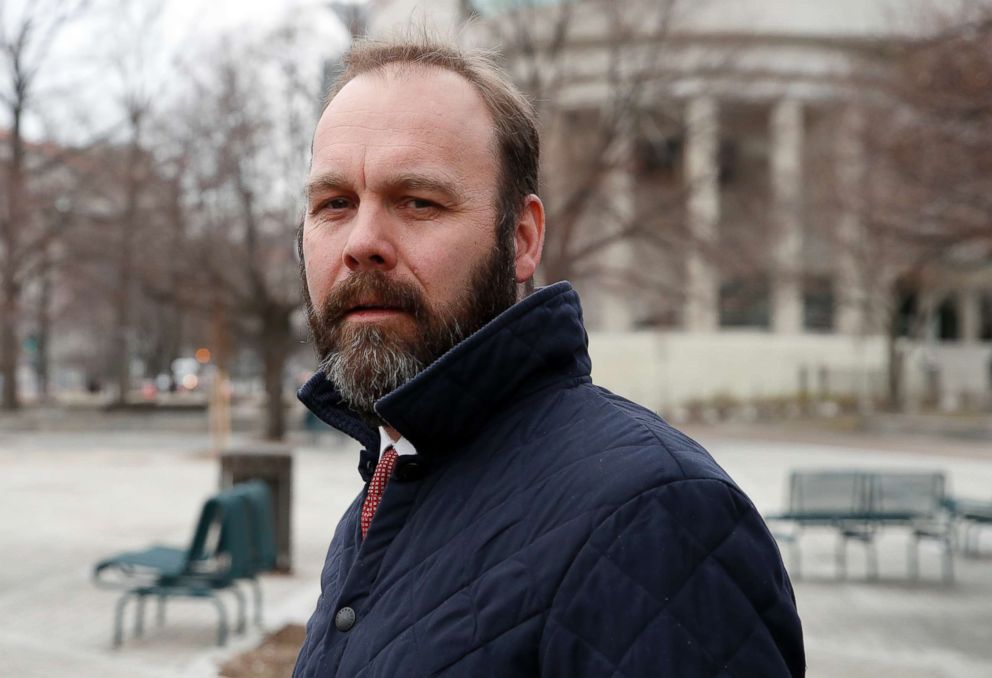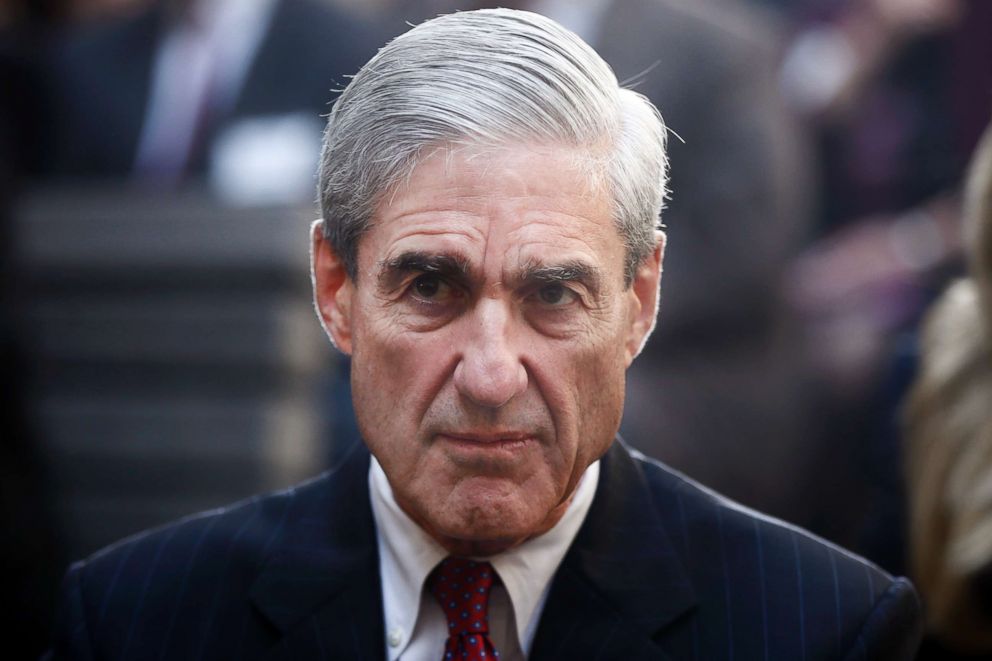Witnesses describe Manafort's extravagant spending habits
The trial's second day also saw questions raised about a star witness.
Millions of dollars spent on home improvements and hundreds of thousands more spent on designer suits – a lavish lifestyle jurors in the trial of Paul Manafort heard about on Wednesday as prosecutors sought to tie his wealth and spending habits to the financial crimes he’s accused of perpetrating.
As the second day of Manafort’s trial moved quickly – prosecutors said they expect to rest their case next week – attorneys with special counsel Robert Mueller’s team brought a series of witnesses to the stand to speak to Manafort’s extravagance.
The owner of a home improvement company described Manafort as a longtime customer, spending more than $3 million renovating his homes in Trump Tower, Brooklyn, and the Hamptons. A high-end clothing store manager then took the stand to discuss Manafort’s expensive tastes in clothes, spending nearly $1 million on suits between 2010 and 2014.
Both witnesses said Manafort paid primarily through wire transfers.
Despite the vivid depictions of Manafort’s lifestyle, defense attorneys maintain that Manafort’s former associate, Rick Gates, is the true culprit behind their client’s alleged crimes. But Mueller’s team suggested Wednesday that they might opt not to call Gates to the stand.
“He may testify, he may not,” Uzo Asonye, an attorney with the special counsel, said Wednesday of Gates, who was at one point expected to be the prosecution’s star witness.
Asonye made the remark in hopes of persuading the judge to let prosecutors continue posing certain questions to an FBI agent about Manafort. When the judge suggested Gates could later offer the information instead of the FBI agent, Asonye raised the possibility that Gates might not testify.
The potential turnabout was the first twist in the case against Manafort, which has largely promised to be about the longtime political operative’s alleged financial crimes – rather than about any allegations connected to Russian interference in the 2016 presidential campaign.
On trial in Alexandria, Virginia, Manafort is facing charges of evading taxes on more than $60 million of income earned working for Ukrainian politicians. The alleged crimes occurred before Manafort’s time on the Trump campaign. While the special counsel’s mandate is to investigate possible foreign interference in the 2016 elections, Mueller was given latitude to pursue other potential crimes that arose during the course of his investigation.
Manafort has pleaded not guilty.
Gates, a longtime Manafort deputy who also worked in a senior role in the Trump campaign, had initially been charged alongside Manafort, but in February announced he would plead guilty to charges of conspiracy against the U.S. and lying to federal authorities. He has since cooperated with the special counsel as part of Mueller’s investigation into Russian meddling.
Mueller’s prosecutors named Gates on their list of potential witnesses ahead of Manafort’s trial, indicating that he was expected to play a central role in the prosecutor’s case against his former boss.

The suggestion in court Wednesday that prosecutors may not ask Gates to testify apparently surprised even Judge T.S. Ellis – who retorted: “This is news to me.”
In response, Asonye said, "Well your honor, we constantly re-evaluate by the evidence that comes in."
Manafort’s defense team had accused Gates of being the actual brains behind Manafort’s alleged financial misdeeds in their opening statement less than 24 hours before.
“Rick Gates had his hands in the cookie jar and he didn't want his boss to find out," defense lawyer Thomas Zehnle told the court during his opening statement on Tuesday, accusing Gates of being “willing to say anything to save himself.”
John Cohen, a former acting undersecretary at the Department of Homeland Security (DHS) and current ABC News consultant, said prosecutors may be responding to the defense strategy by minimizing the role Gates would play as a key informant in their case.
“If the informant is on the stand, then the defense is going to go after him,” Cohen said.

The prosecution’s suggestion that Gates might not testify emerged shortly before lunch on the second day of Manafort’s trial, as Mueller’s team questioned an FBI agent who conducted the raid on Manafort’s Alexandria, Virginia, home in July of 2017.
Matthew Mikuska, a special agent with the FBI, described on Wednesday how agents approached Manafort’s tony condominium last summer, knocking three times before ultimately gaining entrance to the “large, luxury unit” using a key.
Special counsel attorneys entered into evidence various invoices to show how Paul Manafort paid for luxury expenses – including home renovations – with the FBI agent authenticating the items found in Paul Manafort's home and seized.
Among the items recovered were invoices related to Manafort’s work with Gates. It was when the judge suggested that Gates might testify about that evidence that the prosecution broke the news that Gates might not take the stand.
On Wednesday morning, President Donald Trump tweeted about Manafort, accusing prosecutors of treating his former campaign chairman like “Alfonse Capone” – the notorious gangster who spent years in prison for income tax evasion.
ABC News' Lucien Bruggeman, Katherine Faulders, and Allison Pecorin contributed reporting.




